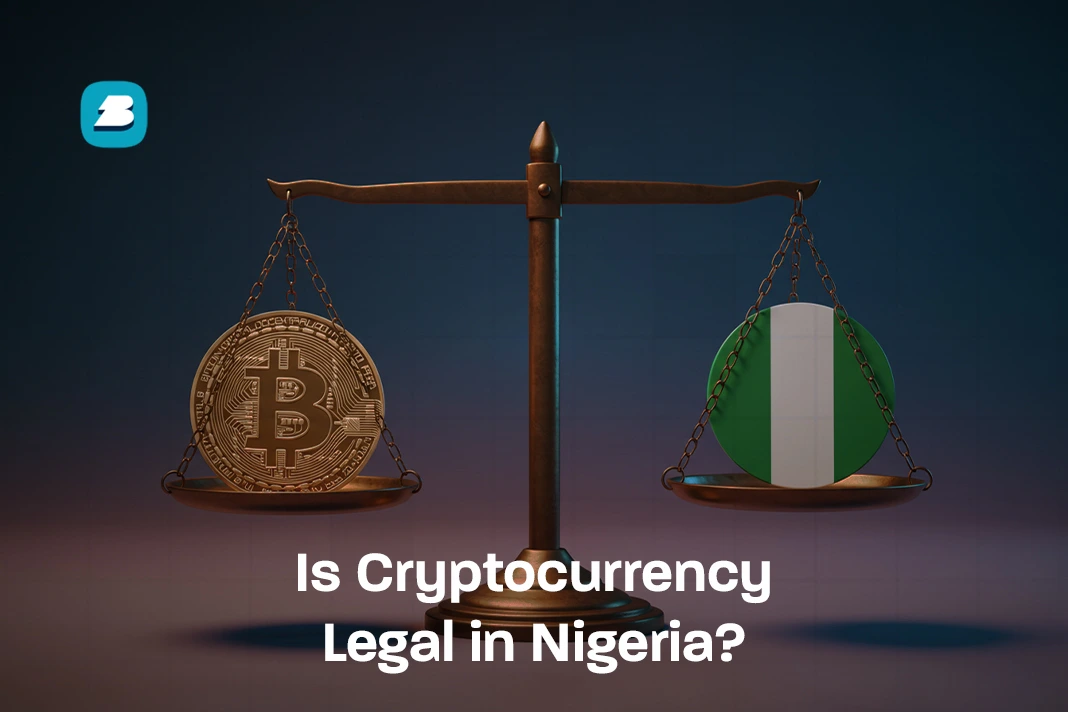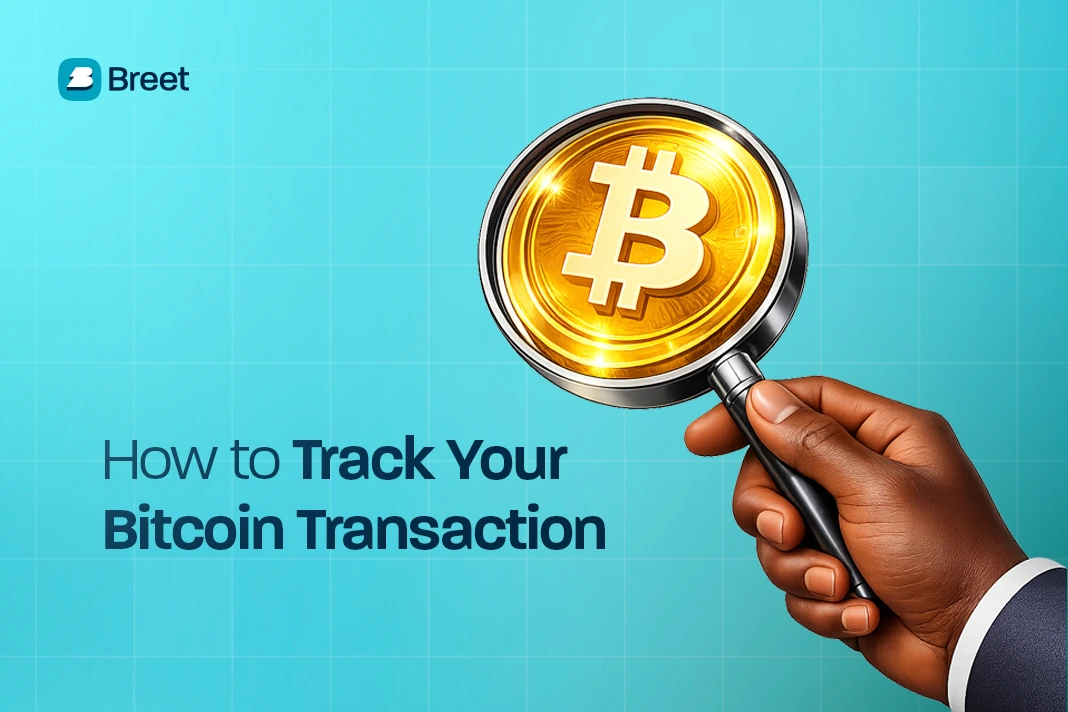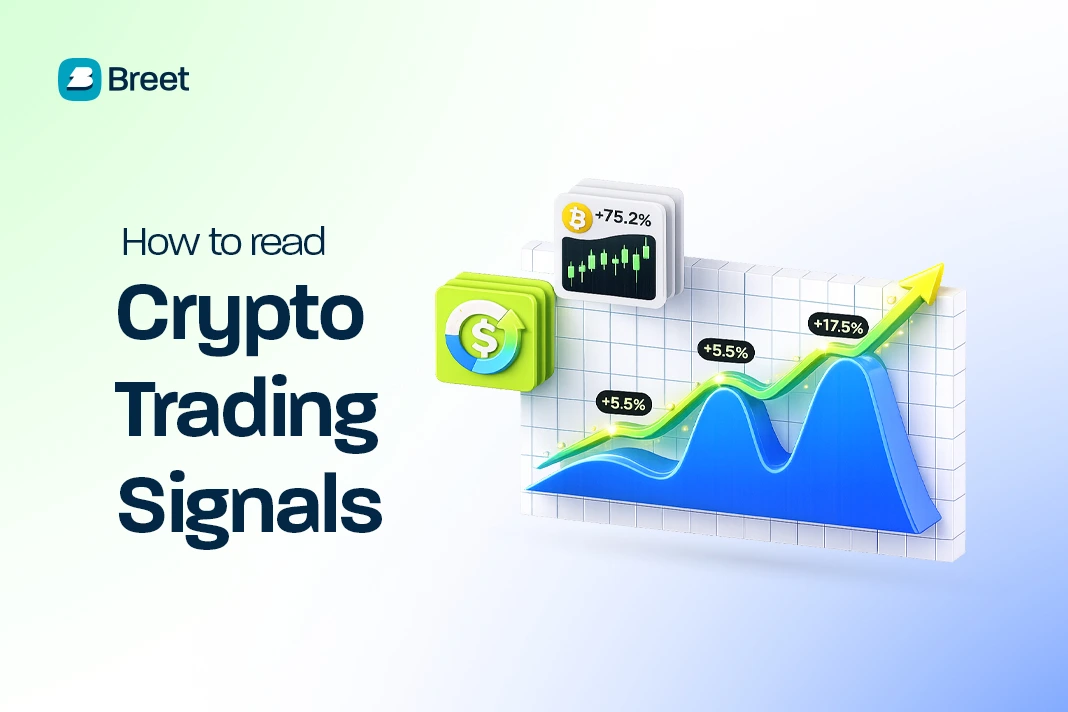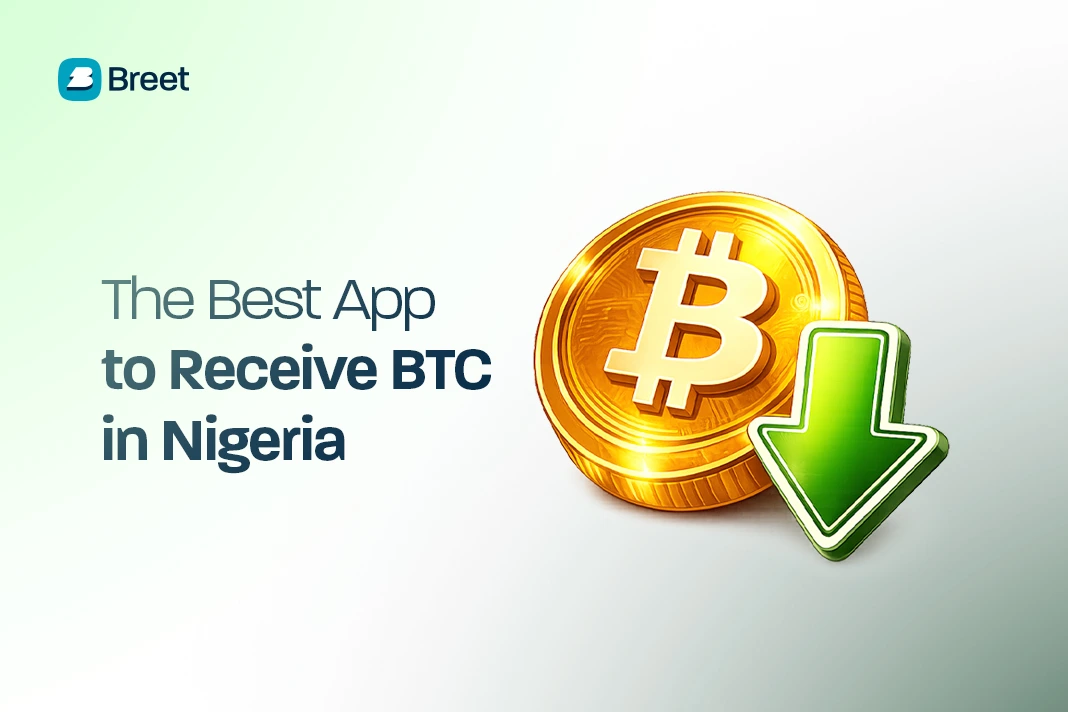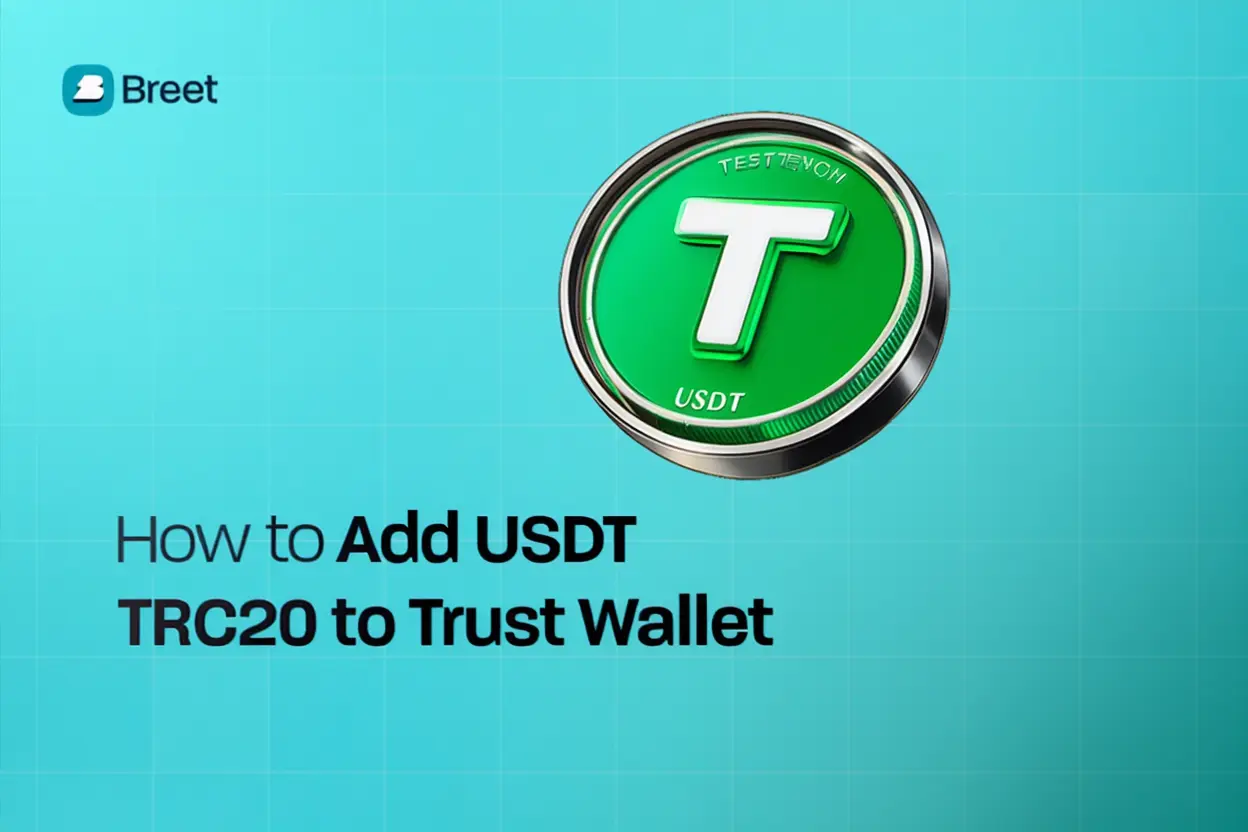Remember back in 2021 when Nigerian banks suddenly started blocking accounts linked to crypto transactions? Traders panicked, social media went wild, and for a moment it felt like the end of crypto in Nigeria.
But as it turns out, that was just the beginning of a new chapter.
Over the past few years, the country’s crypto scene has been a bit of a rollercoaster. One moment, banks were told to stay away from crypto transactions. The next, the government began taking steps toward regulation instead of restriction.
Fast-forward to 2026, and the story has completely changed. Instead of fighting crypto, regulators are now trying to manage it. The Central Bank of Nigeria and the SEC have rolled out clearer frameworks, allowing licensed exchanges to operate legally, a huge step forward for traders and investors alike.
Nigeria’s love for crypto hasn’t faded either. According to Chainalysis, Nigerians are among the top users of Bitcoin and stablecoins globally, moving billions in peer-to-peer trades every year. So, it’s no surprise that everyone wants to know where the law stands now.
So, where exactly does the law stand today?
In this 2026 update, we’ll break down the current legal status of cryptocurrency in Nigeria, what recent policy changes mean for you, and how to stay compliant while buying or selling crypto safely.
Is Cryptocurrency Legal in Nigeria? Current Legal Status of Cryptocurrency in Nigeria (2026 Update)

As of 2026, cryptocurrency is legal in Nigeria, but operating under strict regulation. The recent passage of the Investments and Securities Act (ISA) 2025 officially recognizes digital assets like Bitcoin as securities, placing them under the oversight of the Securities and Exchange Commission (SEC). Here is a timeline to help guide you on Crypto’s legal status in Nigeria
A Look Back: Nigeria’s Crypto Ban and Policy Changes
1: Freezing of Bank Accounts Linked to Crypto Trades
One of the biggest red flags for traders was when regulators began freezing bank accounts tied to crypto transactions. In September 2024, Nigeria’s Economic and Financial Crimes Commission (EFCC) secured a court order to freeze 22 bank accounts belonging to sellers of USDT on exchanges including Bybit and KuCoin, amounting to about ₦548.6 million (~USD 330,000). The EFCC alleged those accounts were used to manipulate the naira exchange rate.
This move showed that even if crypto is allowed in theory, authorities were willing to take aggressive action against unverified or non-licensed crypto activity.
Recommended:
2. Crackdowns on Unlicensed Exchanges
The SEC has publicly warned that it would crackdown on any digital asset exchanges operating without a license.
After licensing Nigeria’s first two crypto exchanges, the SEC said it would pursue enforcement action against those that don’t comply. The message is clear: operating outside the regulatory framework now carries real risk.
Under the new ISA 2025, the SEC’s powers are expanded. It can now impose administrative cautions, place liens on assets (like bank accounts), seize property of entities operating illegally in capital markets, and seek forfeiture of assets.
3: Historical Freezes by the Central Bank
The CBN itself has also used account freezes in past disputes. In 2021, the CBN directed banks to close accounts of individuals or businesses involved in cryptocurrency or crypto exchange operations.
Also, in August 2021, the CBN obtained court orders to freeze accounts of certain fintech companies suspected of violating foreign exchange regulations, citing illegal dealings in crypto and foreign exchange trading.
These actions reinforced that just because users weren’t explicitly banned from holding crypto, their access to banking facilities might be cut off if the bank considered their activity suspicious.
4: Conflicting Signals: Banks Flagging Crypto Transactions
Even as the law evolves, enforcement on the ground remains inconsistent.
Some banks still flag accounts that handle crypto-related transfers.
In 2025, stories circulated of bank customers having their accounts blocked or monitored because of crypto activity, even though the new law (ISA 2025) provides legal clarity by placing digital assets under SEC regulation.
This shows that changing the law is one thing; updating institutional practices (bank risk systems, compliance rules) takes time. Users should remain cautious and maintain clear records of transactions.
5: Tax Actions and Legal Proceedings Against Big Players
Regulators aren’t just targeting small users, crypto giants have also come under fire.
For instance, Nigeria’s tax authority (FIRS) filed tax evasion charges against Binance, alleging failure to pay VAT and corporate income tax, and aiding customers in tax avoidance.
Additionally, Binance executives were detained over alleged violations, and Binance later disabled its naira services in Nigeria amid the crackdown.
These legal actions underline that authorities are watching high-volume actors closely and are willing to pursue them aggressively.
Top Pick:
What the New SEC Framework Means for Nigerians
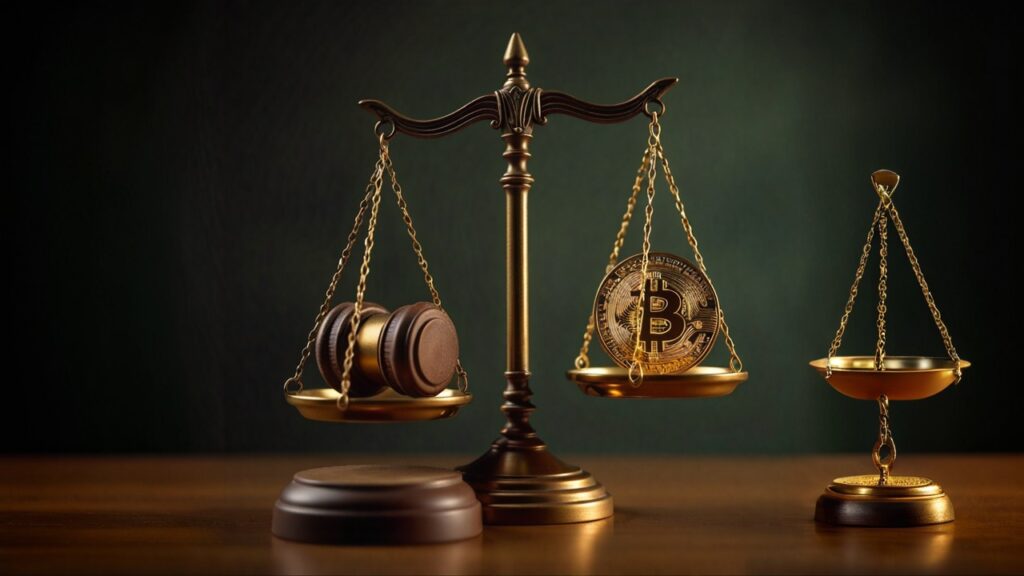
So what changes under the SEC’s new crypto rules? And why does it matter to you — whether you’re trading small amounts or running a crypto-related business? Let’s break it down.
1. Licensing & Registration for Crypto Businesses
Under the updated framework, any company wanting to operate as a crypto exchange, wallet provider, token issuer, or digital-asset custodian in Nigeria must register with or obtain a license from the SEC.
The rules classify these operators as Virtual Asset Service Providers (VASPs), which includes Digital Asset Exchanges (DAX), Digital Asset Offering Platforms (DAOPs), and Digital Asset Custodians (DACs).
To even begin the process, a company must be properly incorporated with Nigeria’s Corporate Affairs Commission (CAC). It must also meet capital requirements, presently one of the minimums is ₦500 million in paid-up share capital.
Some exchanges (Busha and Quidax) have already been granted Approval-in-Principle under SEC’s Accelerated Regulatory Incubation Program (ARIP), meaning they’re being allowed to operate while completing full compliance.
But it’s not all fast lanes: the SEC has delayed more full licenses at times, citing additional due diligence and oversight.
2. KYC, AML & Customer Due Diligence Requirements
These days, crypto businesses can’t skip identity and risk checks. The new SEC framework demands strong Know Your Customer (KYC) and Anti-Money Laundering (AML) measures. These are in place to reduce fraud, terrorist financing, and money laundering.
Under these rules, exchanges must collect identifying information from users: valid IDs, proof of address, BVN/NIN checks, and sometimes face matching or biometric checks.
They must monitor for suspicious transactions, report them to the relevant authorities (like the Nigerian Financial Intelligence Unit), and maintain transaction records for several years.
In short, you can’t stay anonymous with large trades the way you might have before — compliance is more rigorous now.
3. Taxation & Gains from Crypto
One of the most significant changes is how crypto is treated for tax purposes. Under recent laws, digital assets and tokens are now recognized as securities, which means gains from trading them will fall under Nigeria’s securities and capital gains regimes.
Profits from selling crypto — that is, the difference between your buy and sell price, could be taxed under the existing Capital Gains Tax (CGT) structure. Some drafts and analyses suggest regulators will push for crypto gains to be taxed similarly to other capital assets.
Businesses operating in the crypto space will also face corporate-level obligations: reporting, audits, and proper accounting of digital-asset holdings.
Read more here:
- 2026 Crypto Tax in Nigeria: All You Need to Know
Impact on Individual Users & Small Traders
What does all this mean for ordinary users?
- If you’re using a well-licensed exchange, your identity will be verified — but you’ll avoid shady platforms that might vanish overnight.
- You’ll be more protected from fraud because exchanges are legally bound to follow transparency and security rules.
- You’ll need to be ready to report your trades or profits, especially for larger transactions.
- Some features on unlicensed or overseas exchanges may become restricted or even blocked if they don’t comply with SEC rules.
Enforcement, Penalties & Market Stability
The SEC now has more teeth. Under the updated law, it can investigate, suspend, revoke licenses, freeze assets, and impose fines for violations including unlicensed operation or misconduct.
Fraudulent investment schemes (e.g. Ponzi scams) are explicitly prohibited now. The law also allows SEC to demand data from telecoms and internet providers to investigate market manipulation.
All of this aims to bring stability to the market, discourage bad actors, and encourage trust among users and investors.
Related:
Can You Legally Buy, Sell, and Trade Crypto in Nigeria?
Yes, you can. Nigerians can now legally buy, sell, and trade cryptocurrency as long as they use licensed and regulated platforms. The days of crypto being a grey area are mostly gone. The SEC now recognizes digital assets and oversees how exchanges operate within the country.
Platforms such as Breet, Busha, Luno, and Quidax are among the trusted options that comply with Nigeria’s crypto guidelines. These exchanges follow KYC (Know Your Customer) and AML (Anti-Money Laundering) rules, meaning users must verify their identity before trading.
This makes transactions more transparent and secure.
If you want to stay compliant, make sure you:
- Use SEC-recognized or locally registered exchanges.
- Avoid peer-to-peer trades on unverified platforms or social media groups.
- Keep transaction records in case tax reporting becomes mandatory.
- Watch out for scams or fake investment offers promising unrealistic profits.
Crypto is no longer banned, but it is regulated.
By sticking to approved apps and following the rules, Nigerians can safely trade Bitcoin and other cryptocurrencies without worrying about legal trouble.
The Future of Crypto Regulation in Nigeria
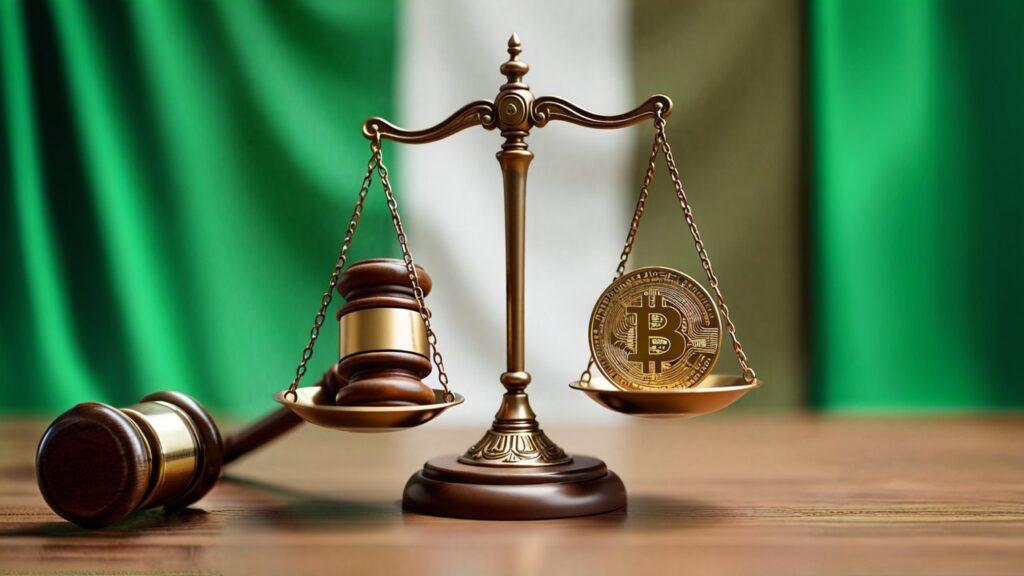
Nigeria’s crypto journey has come a long way, from banking restrictions to a structured regulatory framework that now recognizes digital assets as part of the financial system. But the story isn’t over yet.
Looking ahead, the next big shift will likely come from tax reforms. The government is preparing to include crypto in the national tax structure, meaning traders and investors will soon have to report gains and pay taxes just like with traditional investments. This move will help formalize the market and boost government revenue, while also bringing more legitimacy to the industry.
Another area to watch is the integration of cryptocurrency with the eNaira,
Nigeria’s central bank digital currency. While the eNaira isn’t a replacement for crypto, regulators are exploring how both can coexist; combining the speed of blockchain technology with the oversight of a state-backed digital currency.
Nigeria is also positioning itself as a leader in Africa’s digital asset space. With one of the largest crypto user bases on the continent and growing global attention from investors, the country has the potential to shape how crypto adoption evolves across Africa.
In short, Nigeria’s stance on cryptocurrency is moving from caution to collaboration. The focus now is on building a safe, transparent, and innovative crypto economy that works for both regulators and everyday users.
Don’t Miss:
FAQs on Crypto Ban Update in Nigeria (2026)
Is cryptocurrency legal in Nigeria in 2026?
Yes. Cryptocurrency is legal in Nigeria as of 2026. Nigerians can buy, sell, and trade crypto using licensed exchanges approved by the SEC. However, crypto is not yet recognized as a legal form of payment for goods and services.
Can I buy and sell Bitcoin legally in Nigeria?
Yes. You can legally buy and sell Bitcoin in Nigeria through approved platforms such as Breet, Busha, Luno, and Quidax. These exchanges operate under the SEC’s regulatory framework and follow KYC and AML rules.
Are Nigerian banks allowed to support crypto transactions now?
Yes. Since December 2023, the Central Bank of Nigeria lifted restrictions on crypto-related banking transactions. Licensed exchanges can now open bank accounts and offer fiat on-and-off ramps for users.
Do I have to pay tax on crypto in Nigeria?
Not yet, but new tax rules are coming. Starting in 2026, crypto gains are expected to be taxed like other investment profits. Traders should keep records of transactions to stay compliant when the rules take effect.
Is it safe to trade crypto in Nigeria?
It can be safe if you use trusted, licensed exchanges and follow basic security steps. Always enable two-factor authentication, avoid suspicious links, and never share your wallet details or private keys.
Can I use Bitcoin to pay for goods or services in Nigeria?
Not officially. While you can send Bitcoin to anyone, businesses in Nigeria are not yet allowed to accept crypto as a direct payment method. You’ll need to convert it to naira first through an exchange.
What should I do if my bank flags my account for crypto transactions?
Contact your bank to clarify the issue and provide proof that your transactions were made through a licensed exchange. If the problem continues, report it to the SEC or CBN’s consumer protection desk.
